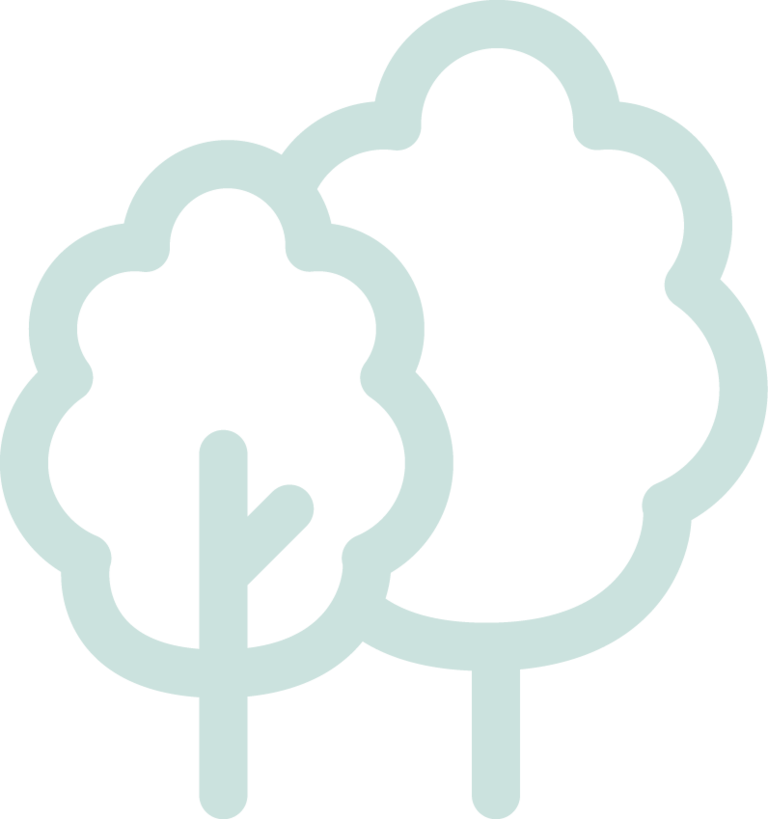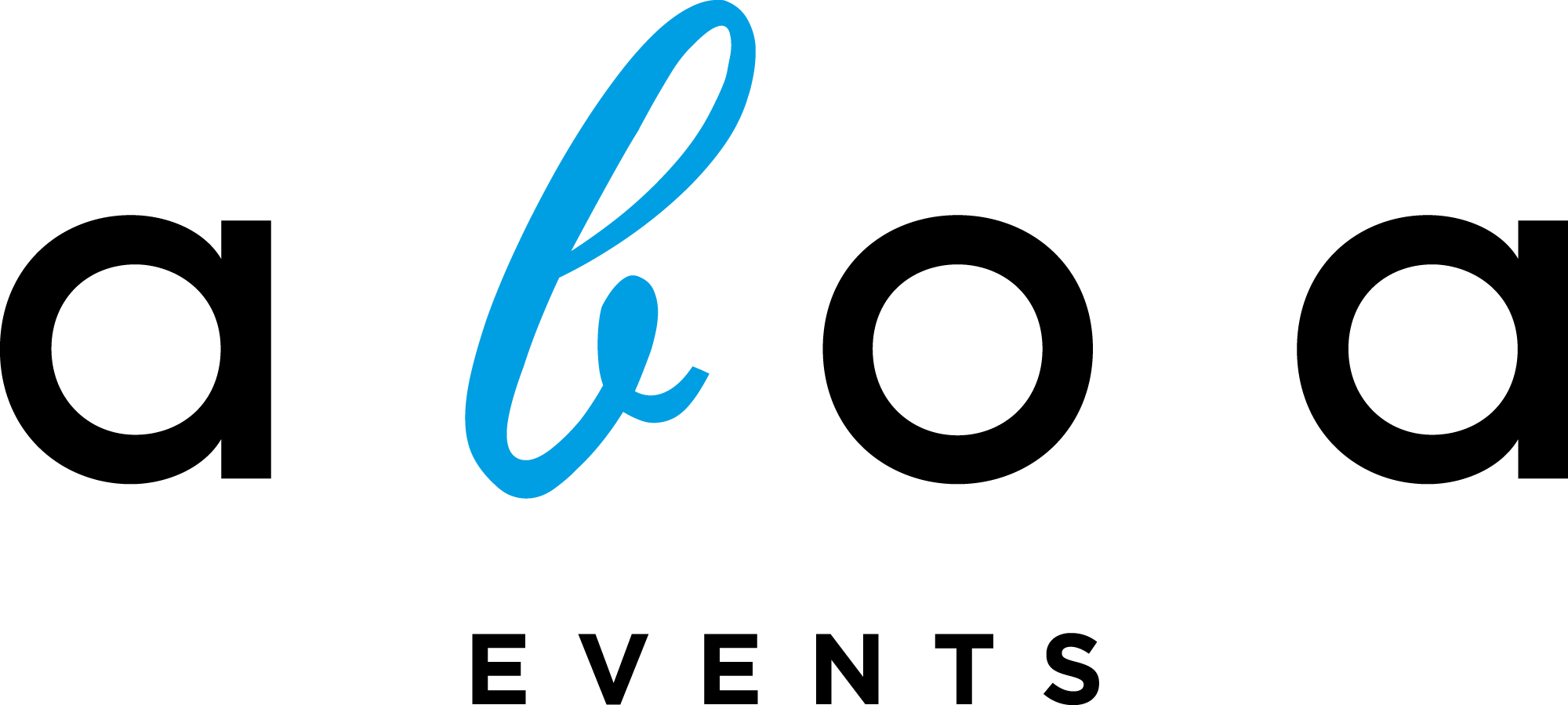In 2006 the sociologist and political scientist Francesca Polletta declared that “In recent years, storytelling has been promoted in surprising places” (1). In this instance she was referring to what has been called by Christian Salmon and others as “the narrative turn” (2010, 39), a widespread cultural shift towards an interest in story as a tool for communication and meaning-making. Over the past two decades those involved in sustainability communication, in particular, and those promoting learning and co-creation about, and engagement with, the unfolding climate emergency, have become increasingly interested in the role that storytelling can play in increasing levels of participation in the public discourse, especially amongst those whose voices are less commonly heard in such discussions. Storytelling is a means of capturing and communicating the experiences of those communities most vulnerable to a changing environment and that experiential knowledge can then be brought into discussion with other forms of knowledge: scientific, technological, bureaucratic, political, economic, legal, and so on.
This is storytelling as a way of knowing the world, as a knowledge system, that sits alongside other knowledge systems, albeit in a hierarchical system where it regularly sits at the bottom of the pile. Jana-Axinja Paschen and Ray Ison (2013) identify an increasing number of studies and bodies of work within sustainability science that have attempted to engage more seriously with storytelling as a tool for knowledge-sharing and resilience-building amongst communities.
Storytelling is, however, more than simply an approach for capturing and communicating knowledge. It is also a tool for co-producing knowledge. In other words, it is both a knowledge system and a thinking system, moving beyond simple knowledge creation and doing, and into the realm of future problem-solving and resilience-building. Storytelling is a process that has evolved over millennia to enable us to think about and understand the world. It allows us to test ideas of our own, interrogate the ideas of others and discriminate between truth and lies. Whilst storytelling is often equated with lies and fantasy, it is, in fact, a truth-seeking tool, one that is much needed in a post-truth world and which allows us to imagine our possible futures. The use and, indeed, abuse of storytelling in recent years is what makes it so urgent, so dangerous and so effective. As the critic and essayist John Berger wrote: “Stories are one way of sharing the belief that justice is imminent” (2016, 96).
In this workshop we invite delegates who have worked with story, wanted to work with story, or tried and failed to work with story, in relation to sustainability and knowledge co-production, to come together to share their thoughts and experiences. In other words, we invite them to share their stories and in doing so, we will use our stories as a way of thinking about stories, storytelling, and the rich possibilities and frustrating difficulties that such work presents for building sustainable futures.
This workshop calls for presentations and provocations on any aspect of ‘story work’ in relation to sustainability and knowledge co-production. Presentations may take the form of, but are not limited to, traditional academic papers, project case studies, and showcases of creative work, and may offer reflections on, for example, methodology, creative practice, community building, public engagement and policy development. We are keen to encourage contributions from a broad range of stakeholders, including researchers, practitioners, community activists, creative artists and policymakers and welcome presentations that pose pertinent and challenging questions, as much as those that suggest answers and possible solutions. Please send your paper abstract to the following addresses: m.wilson2@lboro.ac.uk ; cc: ness2024@abo.fi, clearly marked in the subject line: ‘NESS2024 STORYTELLING’.
Proposals should be no longer than 300 words and be submitted no later than 30 November 2023. These should take the form that best suits the type of presentation being proposed, but typically might contain: a preliminary title, a statement of the aim, research question, or challenge being addressed, a description of the framework or approach taken, a brief description of the activity undertaken, or a note on data collection, and a (tentative) conclusion or set of new questions that have arisen from the work. You will be notified of acceptance/decline by 15 January 2024. Full papers/presentations in a format that will enable sharing in advance are expected to be delivered no later than 20 May 2024.



